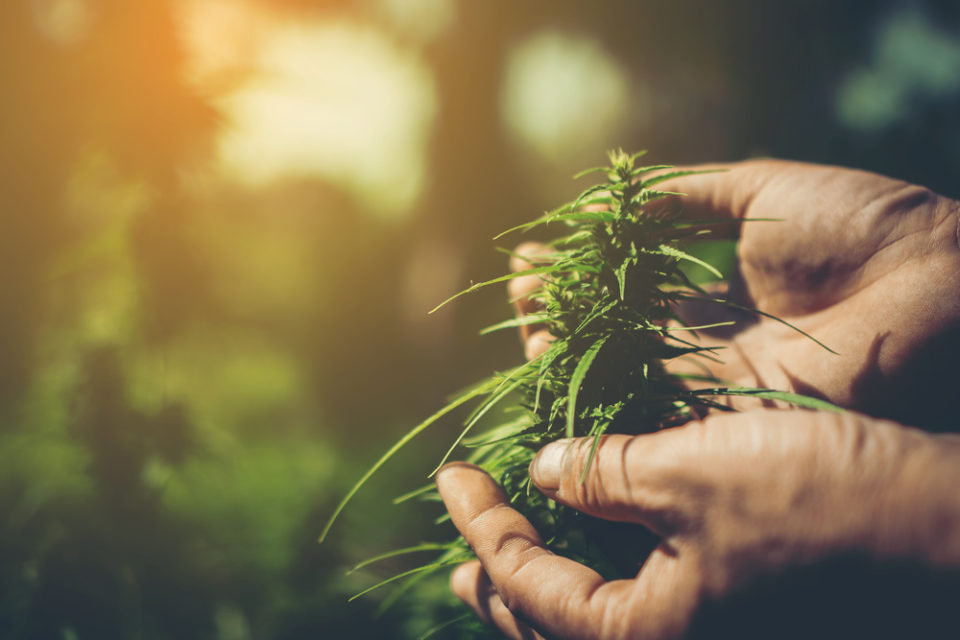Anyone who follows cannabis legalization news is fully aware that federal and state laws clash in this particular area. Though Washington continues to selectively turn a blind eye to violations of federal law, a recent gun ruling in Florida affirms Uncle Sam’s official stand against cannabis.
Marijuana remains illegal as a Schedule I controlled substance under federal law. Meanwhile, more than three dozen states have approved medical cannabis. Eighteen have said okay to recreational consumption. Even so, states must abide by federal law when it comes to cannabis and gun ownership. Cannabis users cannot own guns.
Nikki Fried’s Failed Lawsuit
Concealed carry gun permits in the Sunshine State are issued by the office of the Agriculture Commissioner. Ag Commissioner Nikki Fried, a known advocate on both medical cannabis and gun control, surprised many of her supporters when she filed a suit alleging discrimination against medical cannabis users who wish to own firearms.
Her suit more or less alleged that state cannabis laws should overrule federal cannabis and firearms laws because medical cannabis is legal in Florida. The U.S. Department of Justice disagreed. DOJ lawyers asked the federal court to dismiss the lawsuit. That is exactly what happened. District Judge Allen Winsor tossed the suit on the grounds that decriminalization does not equal legalization.
It’s an Important Distinction
Judge Winsor wrote in his 22-page ruling that Florida’s decision to no longer criminalize marijuana possession is not equal to legalization under the law. It simply means that Florida has decided to not prosecute people who produce, distribute, and possess cannabis.
Windsor also cited the supremacy clause of the U.S. Constitution, a clause that explicitly prohibits states from writing their own laws to preempt federal law. In short, federal law always rules supreme.
A federal form required for gun purchases asks buyers if they use marijuana. If they answer affirmatively, they cannot legally buy a gun. Answering negatively despite being a cannabis user constitutes an act of fraud. Buying a gun on top of that fraud only adds to the criminality of the purchase.
A Box That Cannot Be Closed
Unfortunately, Washington’s decision to turn a blind eye when California, Oregon, and Colorado got the ball rolling with medical cannabis opened up a Pandora’s box. And with some 38 states now giving the green light to medical marijuana, it is a box that cannot be closed without taking drastic action.
How prevalent is marijuana consumption? If you measure it in terms of state laws, it’s pretty prevalent. Few people are surprised that California and Colorado embrace cannabis. But what about a more conservative Utah?
Deseret Wellness is a medical cannabis pharmacy in Park City, UT. They say that just 10 years ago, nobody thought the Beehive State would get on board with medical cannabis. And for many years, it didn’t. But voters finally approved it a few years ago.
No End in Sight
If Utah voters, often considered some of the most conservative in the country, are open to decriminalizing medical cannabis, is it reasonable to assume the remaining holdouts states will manage to hold out forever?
Of course, we cannot forget psychedelics. Colorado is among a small number of states that isn’t content with legal marijuana. They want to legalize psychedelics as well. Where does it end?
Judge Winsor did the right thing in upholding federal law. Unfortunately, his actions are a lot like a fart in a hurricane. We have gone too far down the cannabis road to ever turn back now. Whether six months or five years from now, cannabis will eventually be just as legal and pervasive as alcohol.

